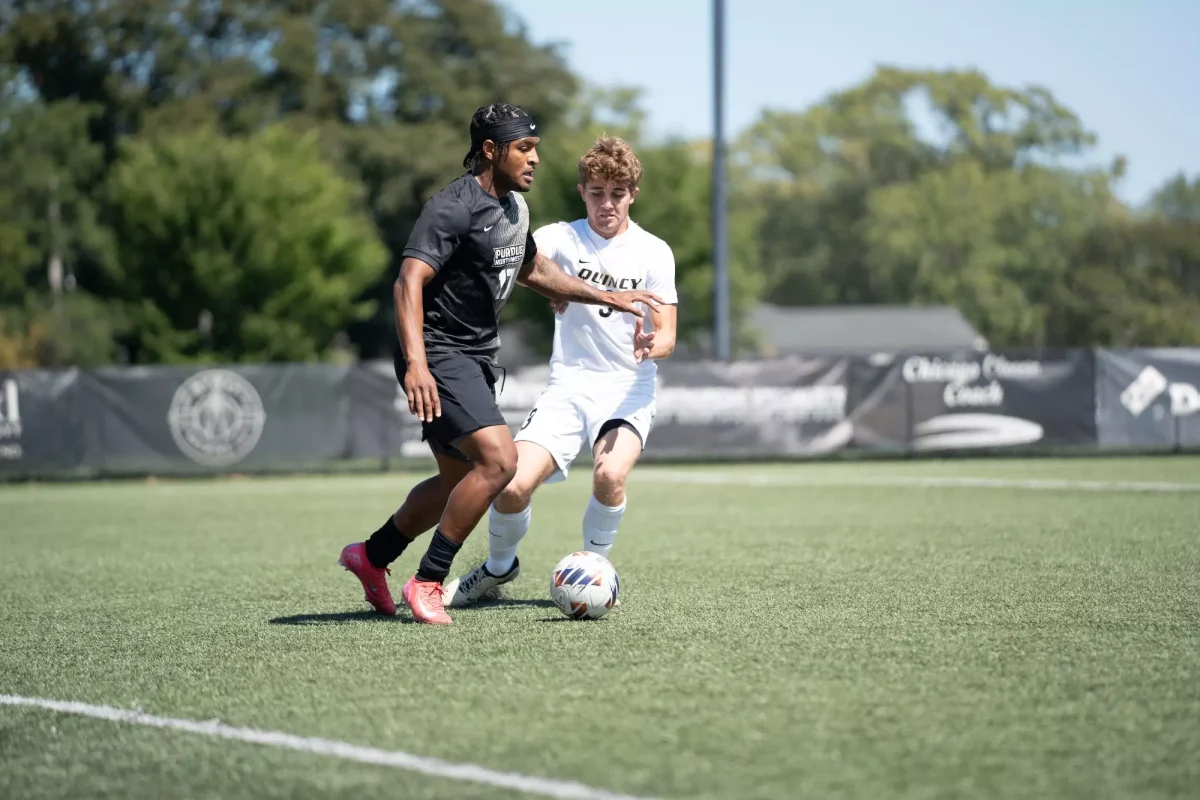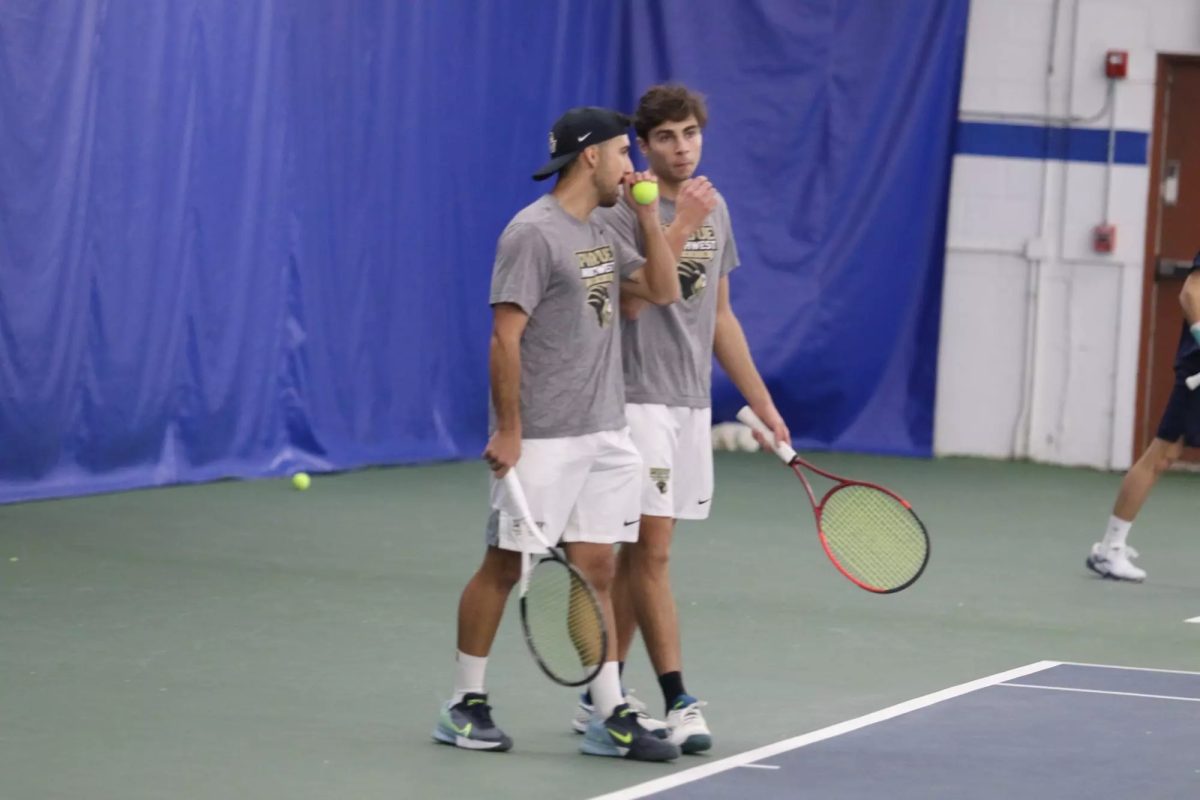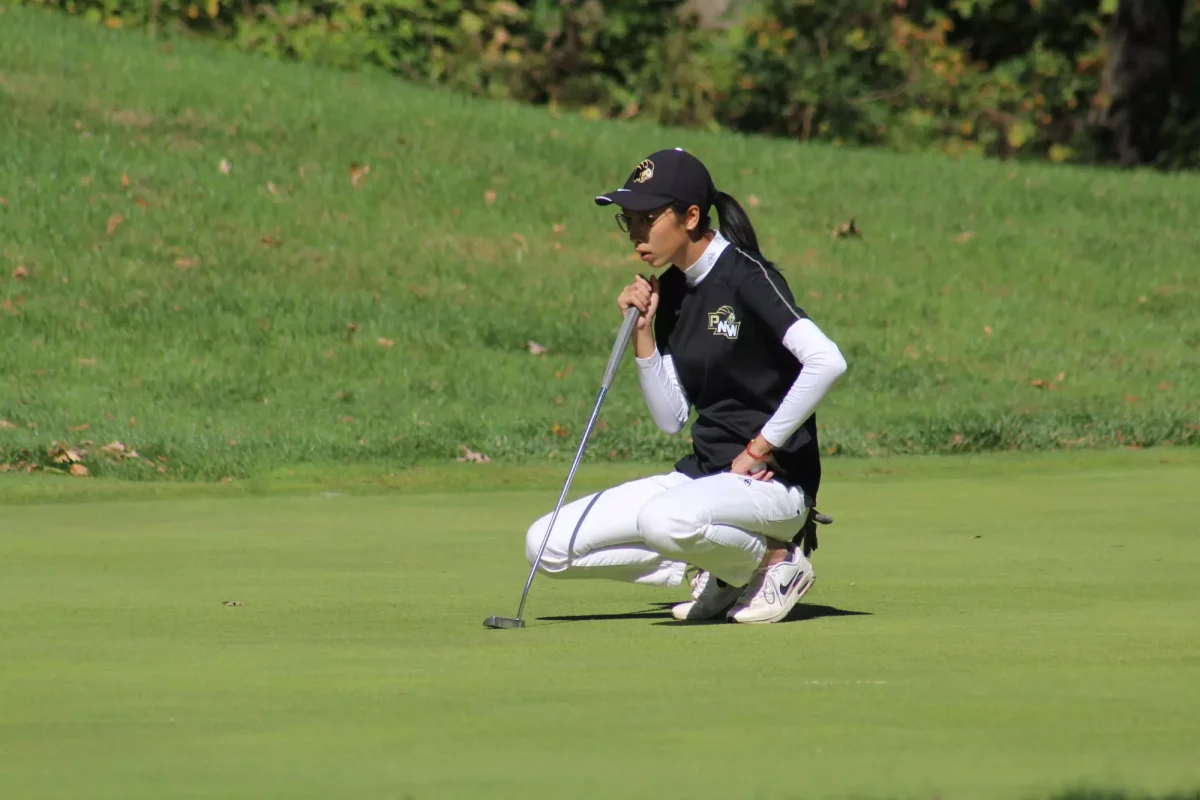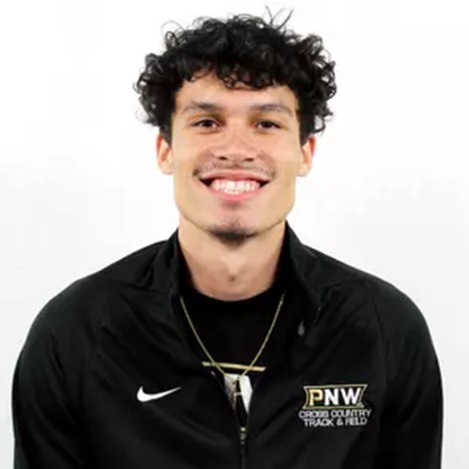
Track and field is a solitary sport that pits athletes against themselves, but Myles Sisco says his teammates give him comfort and encouragement.
“We’re all a big family and we all cheer each other on, and it brings us all together,” said the junior Business Marketing major.
Sisco, who has been on the team since the program began in 2022, said the fellowship is unique because Track and Field is the university’s biggest co-ed athletic program.
“You can see male athletes hang out with female athletes and get along with each other and have better relationships,” he said. “And you’re able to get out of your comfort zone and form relationships with athletes of the opposite gender so that it helps you to work together to complete the same goal.”
He said the team, which begins its new season in December, has developed into a family.
Kamaya Johnson, a sophomore teammate, agreed.
“You can form bonds because you have to work together to get things done,” she said. “It also allows male and female athletes to get along and hang out with each other to develop a better relationship with an athlete of the opposite gender.
“It puts you in a different comfort zone being around male athletes,” said Johnson. “It helps to see different perspectives and how we’re coming together and doing the same thing and getting it done.”
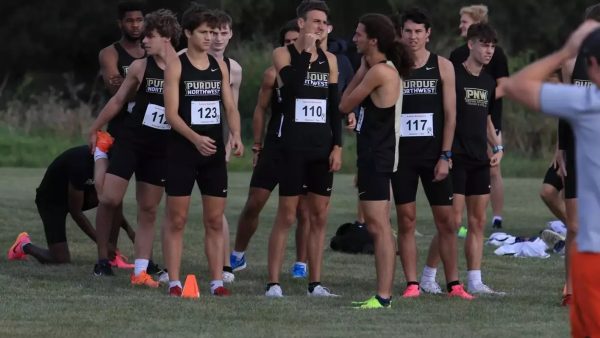
Thomas Alan Whittaker, who coaches the co-ed team, said the best part about coaching a coed sport is seeing athletes of different backgrounds come together as a team.
“It brings different perspectives into all situations,” he said. “Being able to already have people on the team who are from all over the U.S., from different economic backgrounds, and also have different experiences I think is the best thing about coaching a co-ed sport.
“I … approach the men’s and women’s teams very similarly,” he said. “The only thing that changes are the paces for the workout.”
He said the male and female athletes’ different skills benefit the team.
“When you see people working hard, regardless of gender, you can increase your motivation and benefit from it,” said Whittaker. “It is easy to give up when everyone around you is exhausted, tired, or don’t want to do it, but here you get to see everyone working hard, which I hope motivates individuals.”
Coach Whittaker has seen better communication skills among each athlete and believes that this is impactful.
“I have seen better communication and respect for both the men’s and women’s sides increase by coaching a coed sport,” he said. “Being able to communicate with people who are different than you is a skill and learning it is important!”


